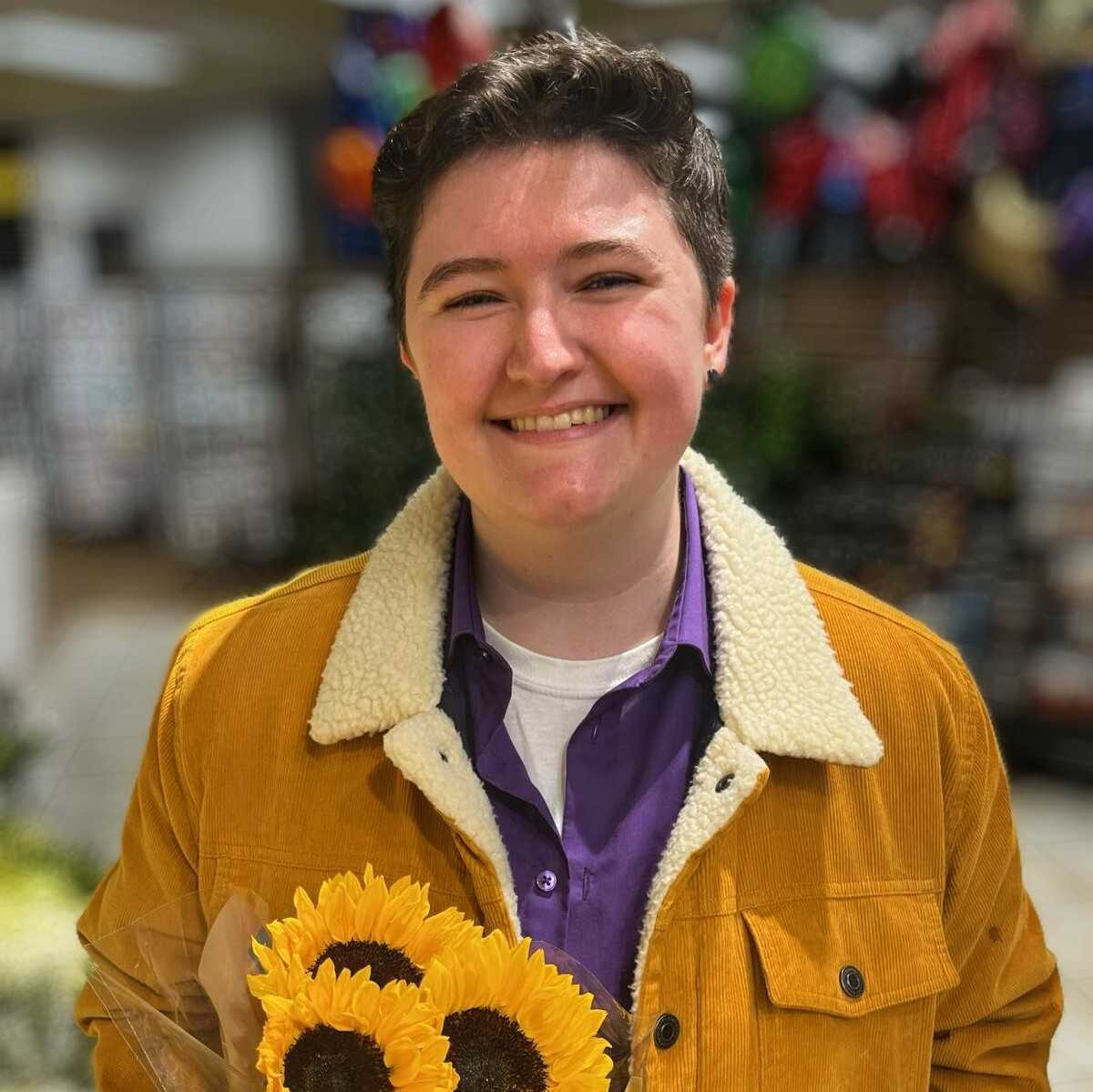
they / any pronouns
alannah.oleson at du.edu
Assistant Professor
Computer Science
University of Denver
I am a critical HCI education researcher. I pursue equitable and liberatory technology futures by exploring novel ways to teach and learn the principles of inclusive, accessible, critical, and ethical technology design. My interdisciplinary work draws upon ideas from many fields, including human-computer interaction (HCI), computing education research, justice-centered design theory & methods, accessibility & disability justice, information science, critical data studies, and software engineering. I often partner with communities to do this work, identifying challenges to their practice and evaluating potential solutions. I employ qualitative and design research methods to deeply explore these contexts and the experiences of the people within them.
In Fall 2024, I started as an Assistant Professor in Computer Science at the Ritchie School of Engineering and Computer Science at the University of Denver. Previously, I worked with Amy J. Ko at the University of Washington Information School for my doctoral studies and Margaret M. Burnett at Oregon State University CS for my undergraduate research.
I am not currently recruiting students for my lab, but may be in future cycles. Read more about the DU CS graduate programs, and learn more about CS PhD admission requirements and deadlines.
News & Talks
Feb 2026: Two submissions accepted to the SIGCSE Technical Symposium: A paper on ethics integration in CS0 courses, and a special session on teaching accessibility in CS. Reach out if you are be attending the conference and want to connect!
Aug 2025: With DU colleague Laurel Taylor, I presented my recent paper Design as Translation, Translation as Design: Toward Critical, Creative, and Ethical Pedagogies at the 2025 EduCHI Symposium in Bloomington, Indiana! Read an overview of the event from the hosting Luddy School of Informatics here.
July 2025: I will be at the 2025 ACM RESPECT conference as a discussant for the doctoral consortium! Say hello :)
April 2025: I was invited to speak at the ATLAS Colloquium at CU Boulder! I gave a talk titled Toward Critical, Ethical, Reflective, and Creative HCI Education Futures.
Jan 2025: In collaboration with AiiCE, I moderated a panel with authors from our Teaching Acessible Computing book, an ongoing project to help computing educators develop content knowledge in accessibility topics.
Nov 2024: I joined the editorial board of ACM Transactions on Computing Education as an Associate Editor for HCI education and critical computing research.
Sept 2024: Started at the University of Denver as an Assistant Professor in CS. If you're in the Denver area or interested in collaborating, please reach out!
March 2024: The first edition of Teaching Accessible Computing is out! It contains 16 chapters on how to integrate accessibility topics into CS courses.
Dec 2023: Successfully defended my dissertation Integrating Inclusive Design and Computing Education! I'll spend the next few months wrapping up projects as a postdoc at the Center for Learning, Computing, and Imagination.
Research
Lab
I lead the TEACUP lab at the University of Denver. We conduct research around Teaching Empathy, Agency, and Criticality for Unlearning Power in technology design education. We are affiliated with the broader DUHCI research group.
Research Interests
Pedagogical Methods & Tools for Ethical Technology Design
This branch of my research develops and evaluates theoretically-grounded pedagogical methods and tools for teaching accessiblity concepts, inclusive design, and critical & ethical thinking in computing learning contexts. This work can also include developing tools to support ethical compuing and HCI education. So far, I have mostly explored post-secondary (college) contexts because that is where most design education happens, but I am interested in expanding to primary/secondary and community-based learning too.
Teacher Knowledge in Ethical HCI Education
This branch of my research explores the pedagogical content knowledge educators develop as they become experts in teaching HCI principles, with a specific focus on how they develop accessibility and inclusive design knowledge. This work includes developing teacher resources, leading educator workshops, and facilitating community-based interventions to share and evaluate teacher knowledge.
Theory-Building for Ethical, Critical, and Accessible Computing Education
This branch of my research develops new theoretical foundations for describing how design, technology, and ethics/criticality intertwine through teaching and learning. This work draws on interdisciplinary expertise (e.g. critical data studies, queer theory, information science, literary translation), enabling unique perspectives for making sense of how novices learn to design technology that works for the broad range of human diversity. The models developed by this work inform interventions to create more inclusive and ethical technologies.
Other Areas
Here are some other areas I'm interested in, but haven't yet conducted substantial work in:- Community-based Design Justice work to support participatory technology creation
- Normative pressures in computing & HCI education, and how they influence students' learning trajectories
- Algorithmic bias and fairness, as well as inclusive data schema design
- Challenging (queering) design and educational norms to develop more inclusive technologies and classrooms
Publications
Below are a few of my most recent publications as well as those that I'm particularly proud of. All conference proceedings listed are strictly peer-reviewed, archival works.
For a full list of my papers, refer to my publications page.
Starting with DEI and Ethics: A New First-Year College Computer Science Introduction
Scott Leutenegger, Stephen Hutt, Andrew Hannum, Sanchari Das, Alannah Oleson, Alexandria Leto, Sunny Shrestha (2026)
SIGCSE Technical Symposium (to appear)
Teaching Accessibility in Your Computer Science Course
Richard Ladner, Alannah Oleson, Amy Ko (2026)
Special Session @ SIGCSE Technical Symposium (to appear)
Deconstructing Conceptions of Rigor in Computer Science Education
Jayne Everson, F. Megumi Kivuva, Eman Sherif, Alannah Oleson, Amy Ko (2025)
ACM Transactions on Computing Education
[ACM DL Link]
Design as Translation, Translation as Design: Toward Critical, Creative, and Ethical Pedagogies
Alannah Oleson, Laurel Taylor (2025)
EduCHI Symposium on Human-Computer Interaction Education
[ACM DL Link]
Teaching Inclusive Design Skills with the CIDER Assumption Elicitation Technique
Alannah Oleson, Meron Solomon, Christopher Perdriau, Amy J. Ko (2023)
ACM Transactions on Computer-Human Interaction (TOCHI)
[ACM DL Link] [Blog Post Summary]
🏆 Best Paper Award
Funds of Knowledge used by Adolescents of Color in Scaffolded Sensemaking around Algorithmic Fairness
Jean Salac, Alannah Oleson, Lena Armstrong, Audrey Le Meur, Amy J. Ko (2023)
ACM International Computing Education Research Conference (ICER)
[ACM DL Link]
A Decade of Demographics in Computing Education Research: A Critical Review of Trends in Collection, Reporting, and Use
Alannah Oleson*, Benjamin Xie*, Jean Salac, Jayne Everson, F. Megumi Kivuva, Amy J. Ko (2022)
ACM International Computing Education Research Conference (ICER)
[ACM DL Link]
🏆 Best Paper Award for Diversity & Inclusion Contributions
Surfacing Equity Issues in Large Computing Courses with Peer-Ranked, Demographically-Labeled Student Feedback
Benjamin Xie, Alannah Oleson, Jayne Everson, Amy J. Ko (2022)
Proceedings of the ACM on Human-Computer Interaction (PACMHCI), presented at ACM Computer-Supported Collaborative Work (CSCW)
[ACM DL Link]
Books
I have edited or authored chapters in a few online textbooks. Unlike print books, these are free, digital, searchable, interactive, and web-accessible resources. These are living documents that lower barriers to accessing knowledge and best practices within computing education. I plan to continue developing and refining resources like these throughout my academic career.
Teaching Accessible Computing
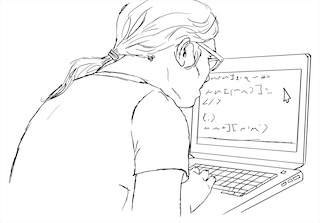
Critically Conscious Computing: Methods for Secondary Education
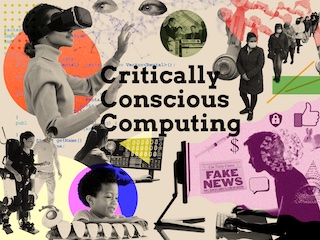
Teaching
These are the courses I teach. Courses I'm actively teaching or developing are closer to the top of the list.
Design Justice
University of Denver COMP 3701 | Planned Spring 2026
New course of my own original design (HCI or UX Design Methods pre-requisite). Introduces students to the basic concepts underlying justice-centered design approaches, including power imbalances in design, feminist perspectives on technology, disability justice, and community care as a core design tenent. Students participate in a collaborative design project with members of the local community to prototype a technology with direct positive impacts.
User Experience Design Methods
University of Denver COMP 3705 | Planned Winter 2026
New course of my own original design. Adapted from the human-centered design methods course below, this course will introduce students to how to rigorously and effectively conduct a user experience (UX) design process including problem framing, brainstorming, ideating, and comparison of different design approaches to select the most apt way to understand a design problem.
Human-Computer Interaction
University of Denver COMP 3/4100 | Fall 2025; Last taught Winter 2025
This course covers the foundations of human-computer interaction for undergraduate and graduate students, such as basic HCI theories and principles, protoyping, empirical user research, and critical and ethical perspectives on HCI. Students apply their learning by incrementally building a prototype demonstrating HCI principles then, in groups, further developing and evaluating prototypes through user studies. Through discussions and presentations, students develop their communication skills. Fulfills the Ethics requirement within the undergraduate CS program.
Intro to Computer Science I
University of Denver COMP 1201 | Last taught Fall 2024
This introductory (CS0) course introduces undergraduate students to the discipline of computer science beyond programming, discussing topics like algorithmic thinking, career readiness, and ethical perspectives on technology development. Students engage in interactive activities and group discussions to build CS foundations and identities. First in a three-course series.
User-Centered Design Methods
University of Washington INFO 360 | Last taught Spring 2020
This undergraduate class teaches students design thinking skills in the domain of information and computing. It leverages multiple forms of active learning, involves a significant amount of studio-based learning, and helps students develop creative confidence.
Cooperative Software Development
University of Washington INFO 442 | Last taught Fall 2020
This undergraduate software engineering class teaches foundations of team-based software development, leveraging the latest research on coordination, cooperation, and human cognition in software development. Students leave ready to become meaningful contributors to teams big and small, but also to understand the processes that teams use and how they can improve them.
Communities
I work with these communities to research, advocate, and impact the world beyond academia.
EduCHI Community of Practice
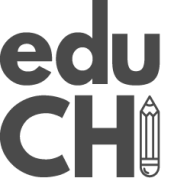
AccessComputing

DUB
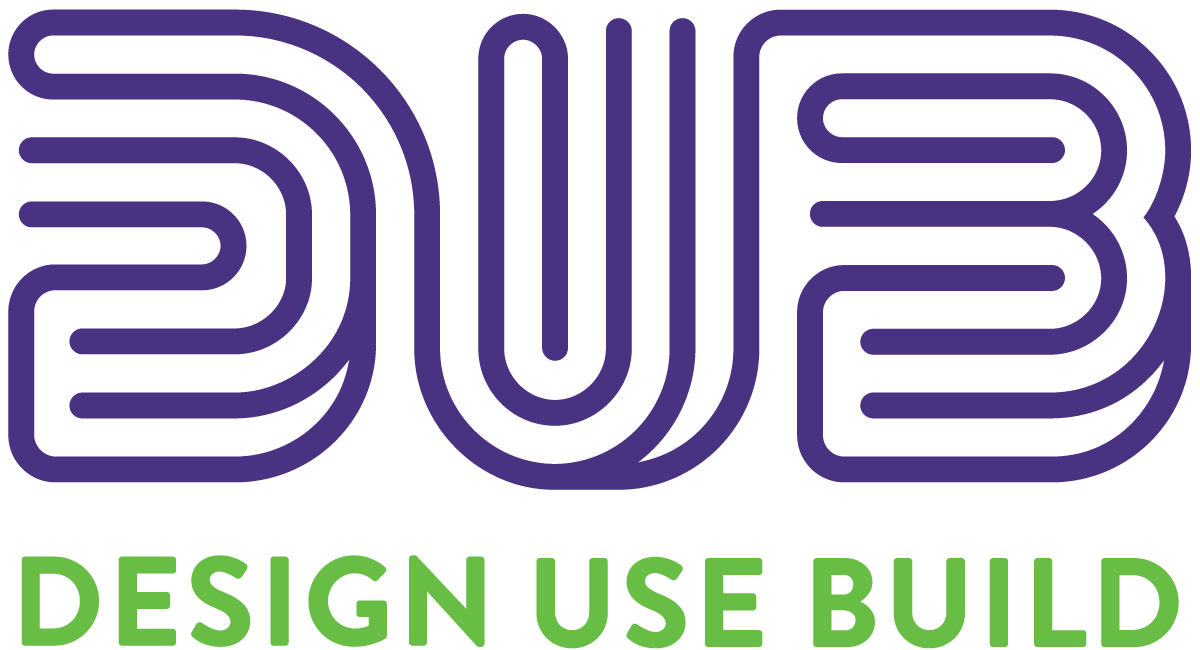
ComputingEd@UW

EUSES Consortium

OSU STEM Leaders Program
Awards & Honors
I've recieved several awards for various contributions to my research and teaching communities.
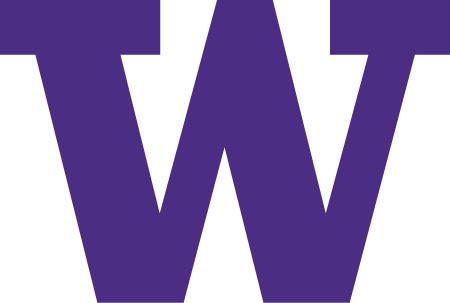
University of Washington Husky 100 (2022)
Awarded annually to 100 of UW’s 60,000 students who make exceptional contributions to research, teaching, mentorship, and service to the institution. Highest honor available for students.

NSF Graduate Research Fellowship (2018-2023)
Recognizes and supports outstanding graduate students in National Science Foundation-supported science, technology, engineering, and mathematics disciplines.
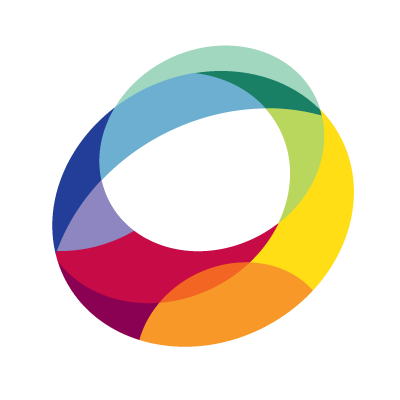
CRA Outstanding Undergraduate Researcher, Finalist (2018)
Recognizes undergraduate students in North American colleges and universities who show outstanding research potential in an area of computing research.
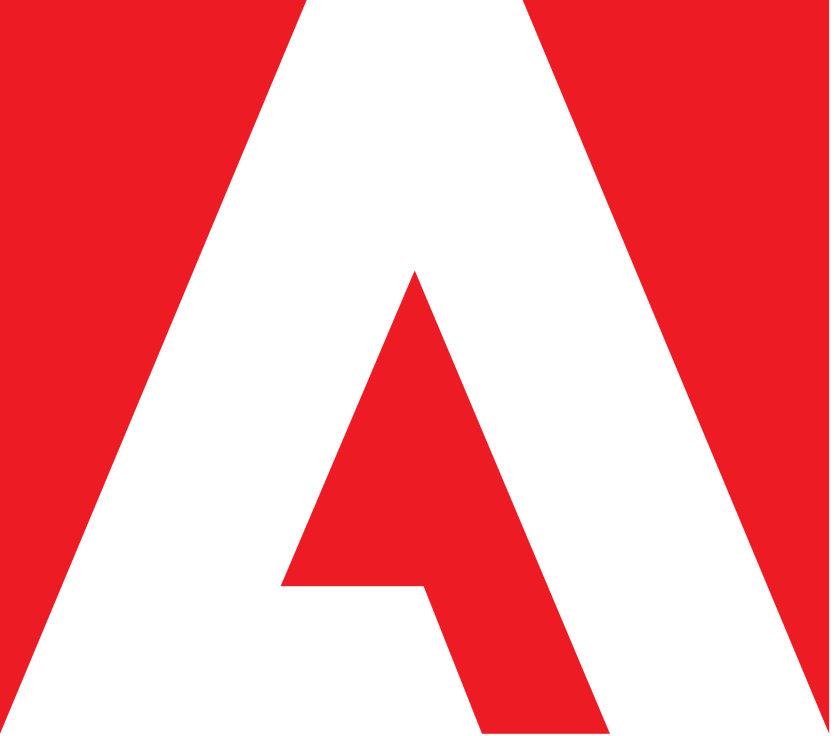
Adobe Research Women-in-Technology Scholar (2017)
Recognizes outstanding undergraduate and masters students anywhere in the world who study computer science. Led into to an internship at Adobe Research with Cynthia Lu, Jose Echevarria, and Radomir Mech.
Contact Me
Office Hours (ECS 371)
If you are a current DU student enrolled in one of my courses, see the syllabus for office hours information. If you are a DU student but not currently enrolled in my courses, or if you are not a DU student, contact me via email and we will meet if appropriate.
My office is in the Engineering and Computer Science building on the 3rd floor, room 371.
My institutional email is alannah.oleson@du.edu. Email is the best way to reach me in many cases. To maintain work-life boundaries, I typically do not check my email on weekends or holidays.
CV
The most current version of my CV can be found at this link: August 2025 CV (pdf)
Online profiles
- Google Scholar
- Medium: @OAlannah
- LinkedIn: aoleson
- GitHub: aoleson
- Twitter: @OAlannah (largely inactive)